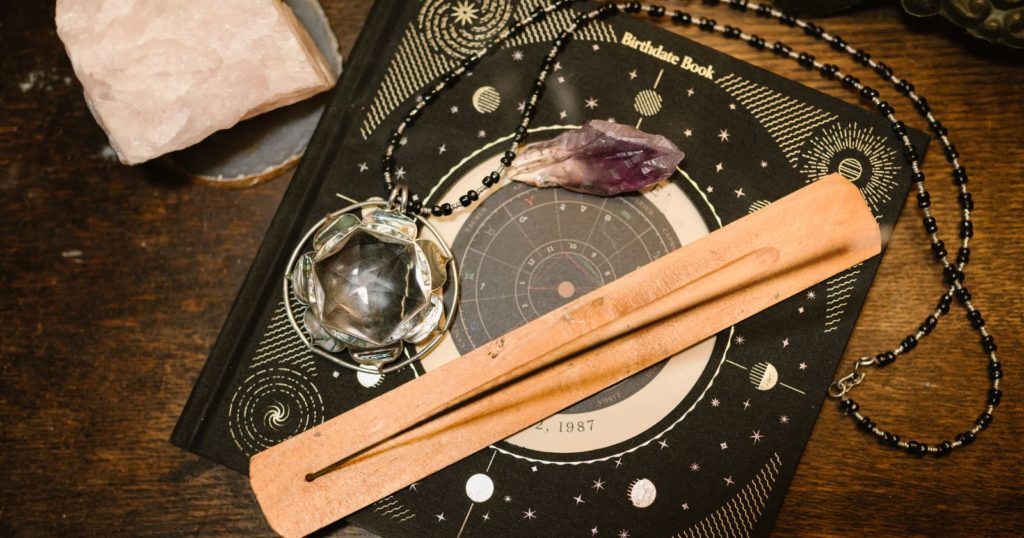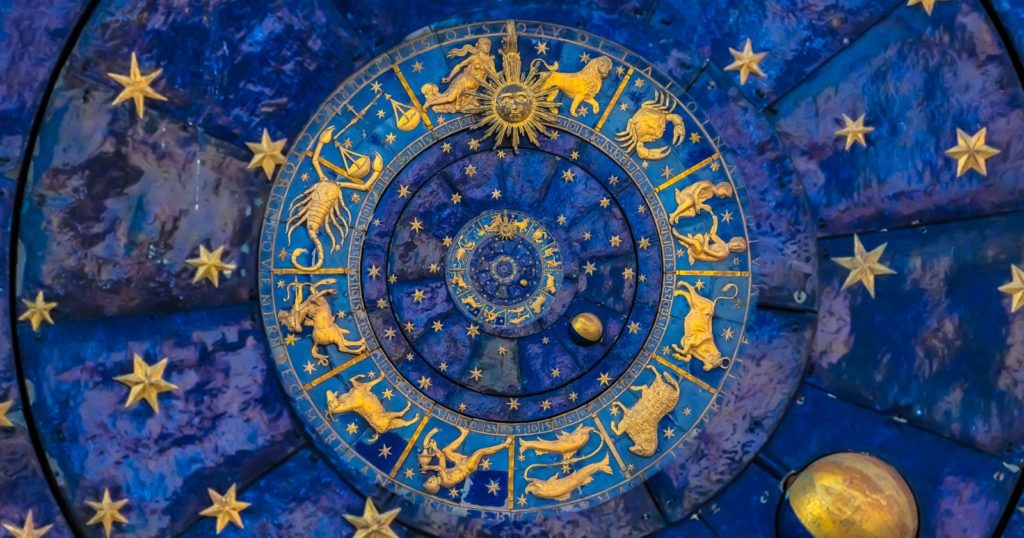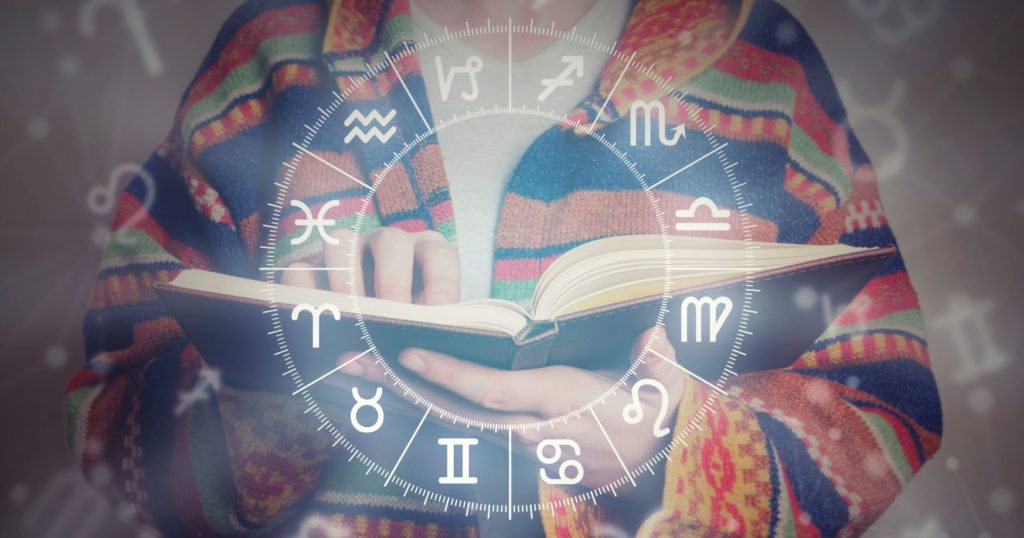It’s almost a rite of passage. We grow up learning about our zodiac signs, identifying with the characteristics they represent, and even consulting them for guidance in various aspects of our lives. From Aries to Pisces, each of the twelve zodiac signs carries a unique set of traits, strengths, weaknesses, and even compatible partners. Astrology, in essence, has offered us a way to understand ourselves and others around us.
However, what if the star sign you’ve been identifying with all this time isn’t truly yours? What if the traits you’ve accepted as part of your personality are based on a misinterpretation of ancient astrological wisdom? While this might seem unthinkable, the reality could be quite different from what you’ve always believed.
Astrology, an ancient practice rooted in early civilizations, is more complex than simply matching your birth date to a corresponding sign. This vast field encompasses a multitude of dimensions, from the movement of celestial bodies to the interpretation of intricate astrological charts. The zodiac, with its twelve signs, is but a part of this extensive system.
Misunderstandings and oversimplifications often distort the true essence of astrology. One of these is the common interpretation of zodiac signs. Western astrology, which most of us follow, assigns zodiac signs based on the solar calendar. This means that your sign is determined by the sun’s position at the time of your birth. But what if this method doesn’t provide the whole picture?
The belief that we might have been reading the wrong star sign isn’t a novel idea. It stems from the inherent discrepancies between sidereal and tropical astrology. The sidereal system, used in Hindu astrology, accounts for the precession of equinoxes, a phenomenon that causes a gradual shift in the Earth’s axis of rotation over a cycle of approximately 26,000 years.
This precession results in the “slippage” of zodiac constellations over time, which means that the sun signs assigned based on the tropical (Western) system, which does not account for precession, might not align with the actual constellation in the sky at the time of your birth. This implies that the traits associated with your “Western” sun sign might not be as accurate as you’ve believed.
The error in interpreting zodiac signs traces back to the second century AD, a time when Ptolemy, the Greek-Roman astronomer, solidified the tropical zodiac system that fails to consider the precession of equinoxes. Since then, the signs have slipped almost an entire month, resulting in potential discrepancies in the sign you believe to be yours.
In contrast, the sidereal system, rooted in ancient Vedic astrology, adjusts for this precession, ensuring the alignment of the sun sign with the actual constellation at the time of birth. This method gives a more accurate representation of one’s star sign, though it may not align with the popularly accepted sun signs derived from the tropical system.
This adjustment could mean that your zodiac sign might be the one preceding the sign you’ve identified with all this time. For instance, if you’ve always identified as a Virgo based on your birth date, the sidereal system might classify you as a Leo. This doesn’t imply that you’ve been entirely wrong about yourself; rather, it suggests a more accurate understanding of your astrological identity.
The realization of these astrological discrepancies has led to a shift in Western astrology. Increasingly, astrologers are acknowledging the sidereal system and encouraging individuals to explore their sidereal zodiac signs. This shift marks a significant turning point in the field of astrology, bringing it closer to its ancient roots.
The impact of this shift isn’t merely academic. It has profound implications on how we perceive ourselves and interpret our personal traits. Realigning with our correct star signs could help us gain a more authentic understanding of our personality and inherent strengths. It might even redefine our relationships, guiding us towards more compatible partners based on our true astrological identities.
However, this shift doesn’t suggest that the traits you’ve associated with your “western” zodiac sign are invalid. They might still hold a place in your personality; it’s just that there could be more layers to your astrological identity than you initially believed. Embracing this deeper understanding can be an enriching journey towards self-discovery.
With this newfound understanding, it’s time to start reading your real star sign. Begin by understanding the difference between sidereal and tropical astrology. Learn about the precession of equinoxes and how it influences the zodiac. This knowledge will empower you to discern your true zodiac sign and interpret its significance.
Next, identify your sidereal zodiac sign. There are numerous online resources that allow you to input your birth details and compute your sidereal sign. Once you’ve identified your true star sign, dive into its characteristics and see how they resonate with you. You might be surprised at the accuracy of these traits!
Follow this by comparing the traits of your sidereal sign with those of your previous tropical sign. Are there overlaps or stark contrasts? Do the new traits resonate more with your personality? These comparisons can offer fascinating insights into your personality and life experiences.
Finally, delve into your sidereal horoscope. Just as you might have been consulting your tropical horoscope, begin to follow your sidereal horoscope too. This transition might offer fresh perspectives and insights that align more closely with your life experiences.
The journey of reinterpreting your zodiac sign could be transformative. While it might challenge your long-held beliefs, it could also uncover aspects of yourself you never recognized. It can be a journey of self-discovery, self-acceptance, and growth.
Astrology, at its core, is a tool for understanding ourselves and navigating our lives. Embracing the correct interpretation of our zodiac signs can enhance our self-understanding and our interactions with the world. As you embark on this exciting journey, remember that the stars are merely guides; it’s how we interpret them that shapes our destinies.
Resources:
- “Astrology for the Soul” by Jan Spiller
- “The Only Astrology Book You’ll Ever Need” by Joanna Martine Woolfolk
- “The Twelve Houses: Exploring the Houses of the Horoscope” by Howard Sasportas




